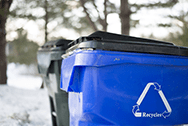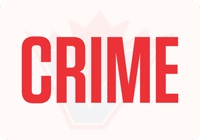Vancity’s report attempts to provide a snapshot comparison of provincial, regional and local government waste diversion and disposal rates. However, Delta is concerned with the accuracy of the data analyzed by Vancity. Vancity itself directly acknowledges the issues related to data gathering and calculation methods used in the preparation of their report, citing “data gaps” and a lack of uniformity.
As one of the first municipalities to initiate a recycling blue box program in 1989, Delta has a long history of recycling and waste diversion programs. The City is committed to offering comprehensive programs that help residents reduce their waste and maximize the amount of recyclable and compostable material diverted from the garbage. Key programs include weekly curbside pick-up and diversion initiatives like the backyard composter program, a free mattress recycling voucher and gardening and sustainable living workshops.
These programs have assisted Delta in achieving a 66% single-family waste diversion rate in 2017, which exceeds the reported average regional rate of 62% and the Integrated Regional Solid Waste and Resource Management Plan’s target of 65%.
“When it comes to waste reduction in the region, with the help of residents and businesses, Delta is meeting its diversion target. In 2017, our City’s total waste generation was lower than Metro Vancouver’s averages,” said Engineering Department Director Steven Lan.










